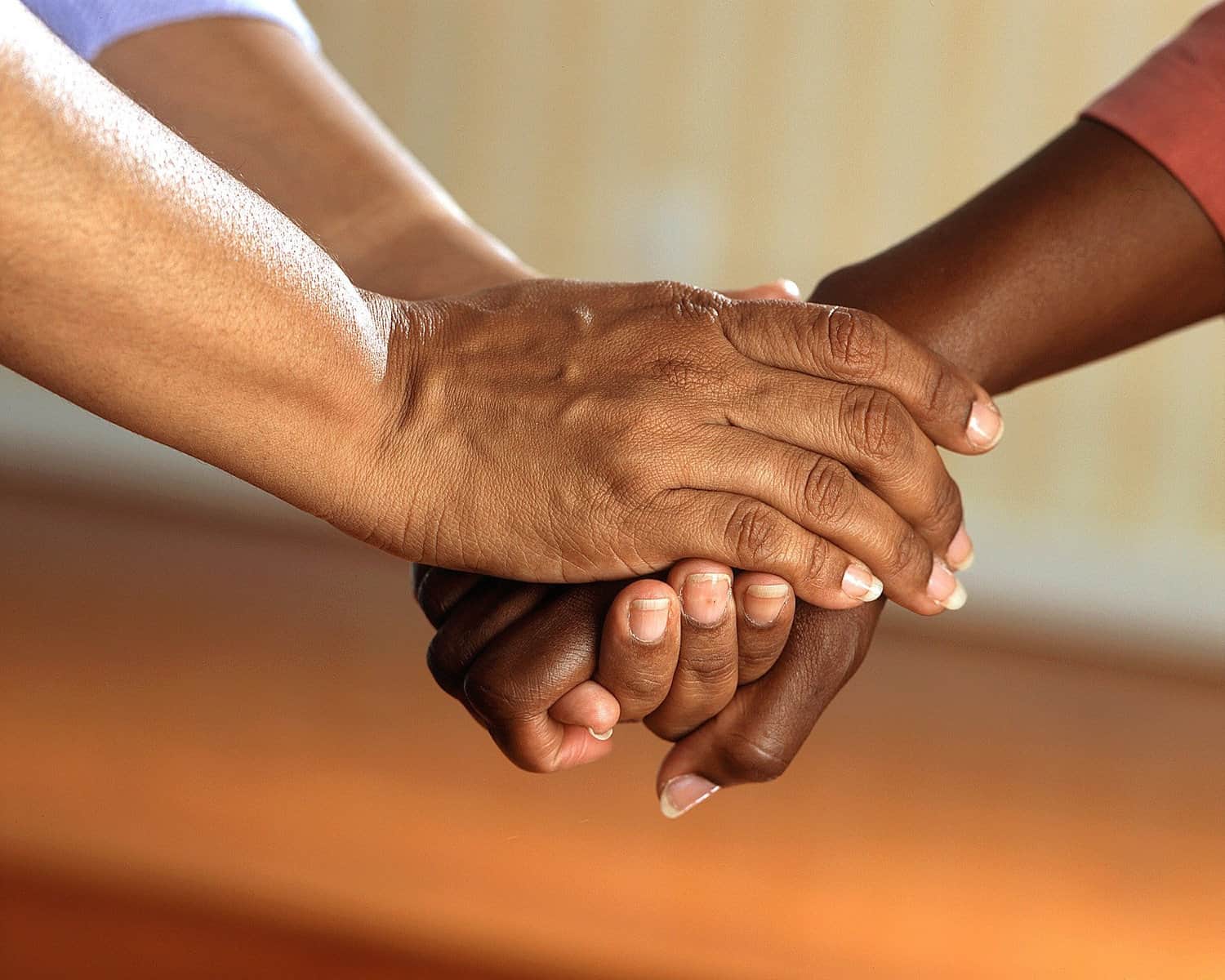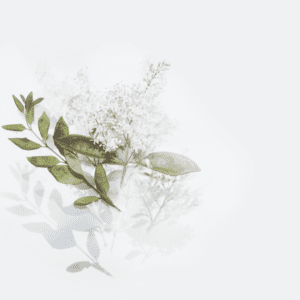 The first time I walked into the hospital here in Malawi, I felt awkward and useless. I’m a volunteer doula, trained to give physical and emotional support to a woman as she labors, but clinical duties like measuring blood pressure or listening for fetal heart tones lie outside my scope. In a place with such grave material needs—and shortages of trained staff—why should I take up space in a crowded maternity ward?
The first time I walked into the hospital here in Malawi, I felt awkward and useless. I’m a volunteer doula, trained to give physical and emotional support to a woman as she labors, but clinical duties like measuring blood pressure or listening for fetal heart tones lie outside my scope. In a place with such grave material needs—and shortages of trained staff—why should I take up space in a crowded maternity ward?
Inexplicably, the hospital where I volunteer allows no one—not even the baby’s father—to accompany a woman to the labor ward, but, inexplicably again, I’ve been granted permission to volunteer there. I sit by the women as they labor, wiping brows, rubbing backs, whispering encouragement.
The midwives, who have been trained to manage the medical side of delivery, tend not to see much purpose in sitting by a laboring woman until the baby actually emerges and there are tangible medical tasks—cord clamping, suctioning, suturing—for them to do. Even if they did see value in just sitting by and waiting, they might not be able to do so: Wards are routinely so overcrowded that some women deliver lying on the floor.
Once, I was alone with a woman when she delivered. I caught the baby and handed her to her mother, feeling keenly my lack of medical training. Later, the woman whose baby I caught gave me a high-five and a broad smile, then grabbed both my hands and held them to her. Other women whose backs I’ve rubbed and brows I’ve wiped during their labors have done the same.
“In biblical traditions,” writes biblical scholar Phyllis Trible, the womb, “an organ unique to the female, becomes a vehicle pointing to the compassion of God.” The meaning of “womb,” she argues, is compassion. Biblical writers, Trible says, saw the womb as the seat of a love that “protects and nourishes but does not possess and control,” though it does not restrict this quality to women alone. God is also said to be rahum: merciful. Womb-like.
Perhaps not incidentally, for millennia—and, indeed, among many traditional cultures to this day—compassion was considered the most important qualification for a midwife. It is ironic that as medical technology has advanced, the very quality once considered most essential is now regarded as luxurious if not useless.
Empathetic connection with a person suffering from pain undoes that world-contracting isolation that is pain’s essence.
Neighbors and friends here in Malawi acknowledge the necessity of modernizing maternity care—their mothers may have delivered them in grass-roofed, mud-floored huts, but they make sure to get to the hospital or clinic for their own deliveries—but they also regret the sensitivity that is often lacking, and they express appreciation for even the smallest human kindnesses. “I had a difficult labor with my third-born,” said my neighbor, “and the nurse came and put her hands on my shoulder.” It was a tiny gesture of sympathy, but she remembered it with gratitude more than five years later.
So why, in countries like Malawi, which are striving to meet the Millennium Development Goals for improvements in maternal health, should compassion be considered an unnecessary extra? I have been told of a hospital several miles away from here where women are slapped if they cry out during labor, and the Washington Post recently reported that nurses in a hospital in nearby Zimbabwe had taken to charging women the equivalent of $5—nearly 5 percent of the average annual income—for each scream. It’s a dynamic that sometimes occurs when traditional birth cultures are displaced by contemporary Western practices, according to anthropologist Brigitte Jordan.
Maternal health improves—and it is improving in Malawi as elsewhere in Africa—but “useless” amenities like hand-holding and back-rubbing often become relics. Studies in some countries—such as India—have suggested that incorporating traditional birth attendants into modernized medical contexts (performing much the same role as doulas) can have tremendous benefits. Here in Malawi, the mothers of the women giving birth wait nervously outside the labor ward even as their daughters cry for them. Their presence could so easily be made more useful than either they or any of the medical professionals might suspect.
Philosopher Elaine Scarry suggested that an empathetic connection with a person suffering from pain undoes that world-contracting isolation that is pain’s essence. Reading this a few months ago and reflecting upon my time in the labor ward and my conversations with my neighbor, it occurred to me that compassionate presence in times of great suffering—even, or perhaps especially, when there’s nothing more to be done except to be—may be as far from useless as birth is from death.
Rachel Marie Stone is the author of Birthing Hope: Giving Fear to the Light and Eat with Joy: Redeeming God’s Gift of Food, both from IVPress.


